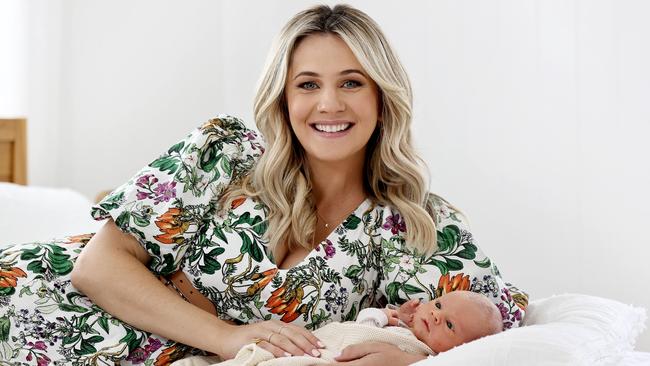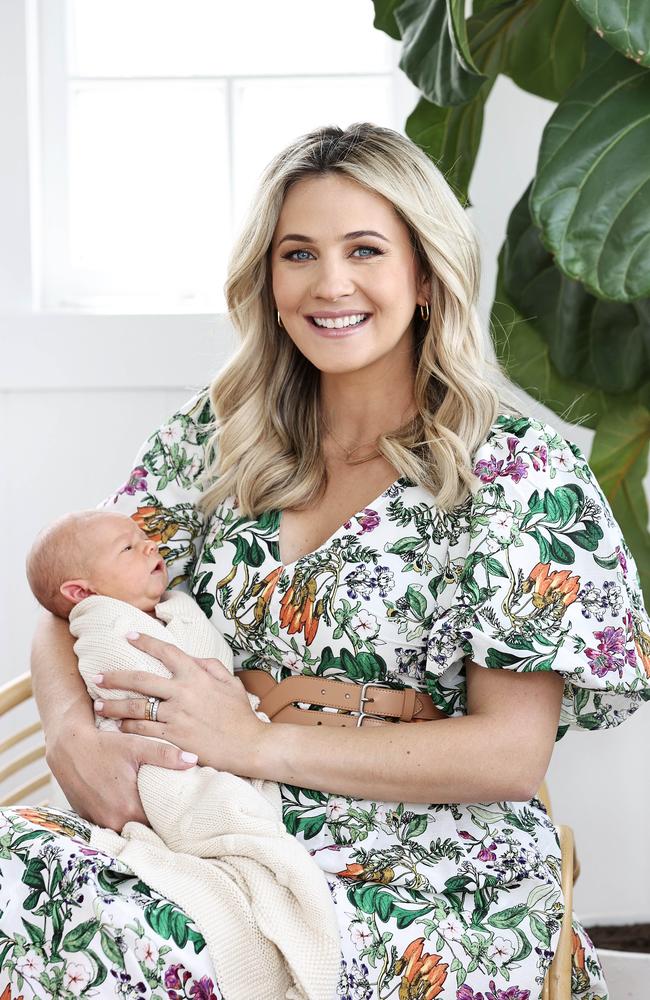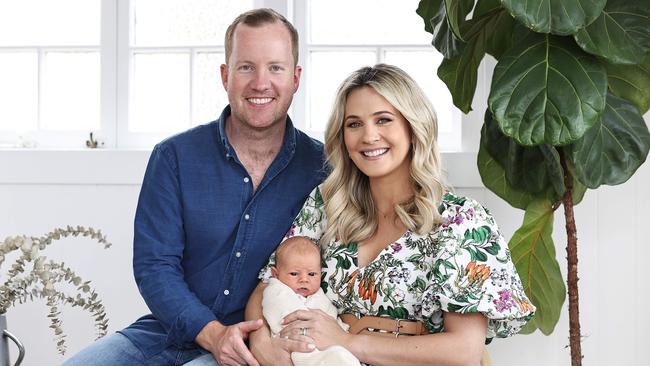I was lying on the floor unable to get up’: Kendall Gilding reveals her battle with postnatal depression
Popular television presenter Kendall Gilding has revealed her private battle and has urged women who are struggling to seek help.

QWeekend
Don't miss out on the headlines from QWeekend. Followed categories will be added to My News.
Good help can be hard to find. A good GP is even harder.
I think of the process much like hiring an employee. What are their qualifications? Will they fit the culture? Are they adept with technology? And while certain things may look good on paper, do they pass a vibe check? They need the perfect balance of IQ and EQ.
Then there’s the issue of convenience. If a doctor is too far away, I’m less likely to seek help when I need it.
Throw in the chaos of small children and suddenly you need a GP that is around the corner and easy to access, rather than booked out three weeks in advance, because I cannot predict when an ear infection will strike.

When your kids are born they see a doctor all the time. Constant check-ups for milestones, vaccinations, the list goes on, and that’s if they’re born perfectly healthy.
I chose a GP very close to our home after the birth of my second child. My brain and body couldn’t handle the logistics of anything outside a two kilometre radius.
For three months Moses was poked, prodded, weighed, measured and scanned. He was born with a very minor heart condition, a tongue tie and vomited everywhere constantly. My expected “baby bubble” was a haze of anxiety and pressure.
About three months after he was born, I presented to the same GP. With so many visits under my belt, I felt like we’d formed a bond and we understood one and other. I turned up because it had become obvious
I was struggling. I couldn’t explain why, but I wasn’t myself.
Maternity leave always challenged me. I’m a worker. Not because I need to be, but because I like to be. Working is like a hobby. So, finding myself with long quiet days at home was always going to be a stretch.
But this was more than a lack of stimulation. I’d find myself lying on the floor unable to get up.
Showering was impossible. I avoided going out. Lied to my friends, saying I was busy. Simple tasks like unpacking the dishwasher were a gold star achievement.
I knew something was off. Not one to sit there in self-pity I wanted to act and get better. But my lack of energy stopped me.
That is until my husband made time and space for me to go and see the doctor.
This appointment wasn’t like all the others. This time it was about me. I sat there, frozen with vulnerability, but desperate to try and help her understand my symptoms.
I begged for an iron infusion, or anything that might give me a pep, so I could get to work on restoring my body.

But instead I was met with a blank expression. Nothing I said properly conveyed my desperation. I was depressed, but I couldn’t say the words.
New data from PANDA (Perinatal Anxiety & Depression Australia) shows one in five new mums and one in 10 new dads are affected by perinatal depression and anxiety.
The rate of parents reaching out for help has risen by 13 per cent in the last 12 months – with more than 65,000 interactions recorded. Most took place over the phone. But how many others couldn’t find the strength to dial the number?
Despite receiving little help from my doctor – I was proactive in getting better. I started seeing a counsellor once a week, began taking supplements to support my hormones, focused on getting outside for a walk each day, prioritised my diet and sleep, and eventually I was able to get off the floor.
But the scars of that time still haunt me. When I returned to work I still wasn’t OK, but I was offered little support.
We’ve come a long way in understanding the complexities of pregnancy, birth and the post-partum period, but maybe not quite far enough? I can only hope that if someone out there is struggling to get off the floor, or still has a wound in the shape of my words, that this story makes them feel seen.





